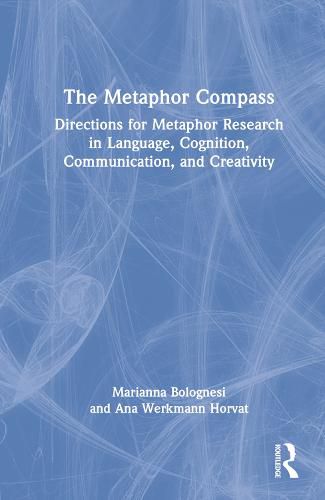Readings Newsletter
Become a Readings Member to make your shopping experience even easier.
Sign in or sign up for free!
You’re not far away from qualifying for FREE standard shipping within Australia
You’ve qualified for FREE standard shipping within Australia
The cart is loading…






The Metaphor Compass: Directions for Metaphor Research in Language, Cognition, Communication, and Creativity provides a roadmap to navigate the recent findings and the cutting-edge research conducted around the world on metaphor, focusing on the following four themes: Metaphor and Linguistic Diversity, Metaphor and Cognition, Metaphor and Communication, and Metaphor and Creativity.
The research presented in this book employs a variety of empirical methods, ranging from neuroimaging to corpus analyses and from behavioural experimentation to computational modelling. Divided into four parts, it offers an array of pedagogical material and activities such as a list of activities at that the end of the chapter to help the reader to consolidate the notions discussed in the chapter.
This is a useful resource for students, researchers and scholars of linguistics, communication, anthropology, psychology, and cognitive science looking to learn about figurative language and creativity.
$9.00 standard shipping within Australia
FREE standard shipping within Australia for orders over $100.00
Express & International shipping calculated at checkout
The Metaphor Compass: Directions for Metaphor Research in Language, Cognition, Communication, and Creativity provides a roadmap to navigate the recent findings and the cutting-edge research conducted around the world on metaphor, focusing on the following four themes: Metaphor and Linguistic Diversity, Metaphor and Cognition, Metaphor and Communication, and Metaphor and Creativity.
The research presented in this book employs a variety of empirical methods, ranging from neuroimaging to corpus analyses and from behavioural experimentation to computational modelling. Divided into four parts, it offers an array of pedagogical material and activities such as a list of activities at that the end of the chapter to help the reader to consolidate the notions discussed in the chapter.
This is a useful resource for students, researchers and scholars of linguistics, communication, anthropology, psychology, and cognitive science looking to learn about figurative language and creativity.